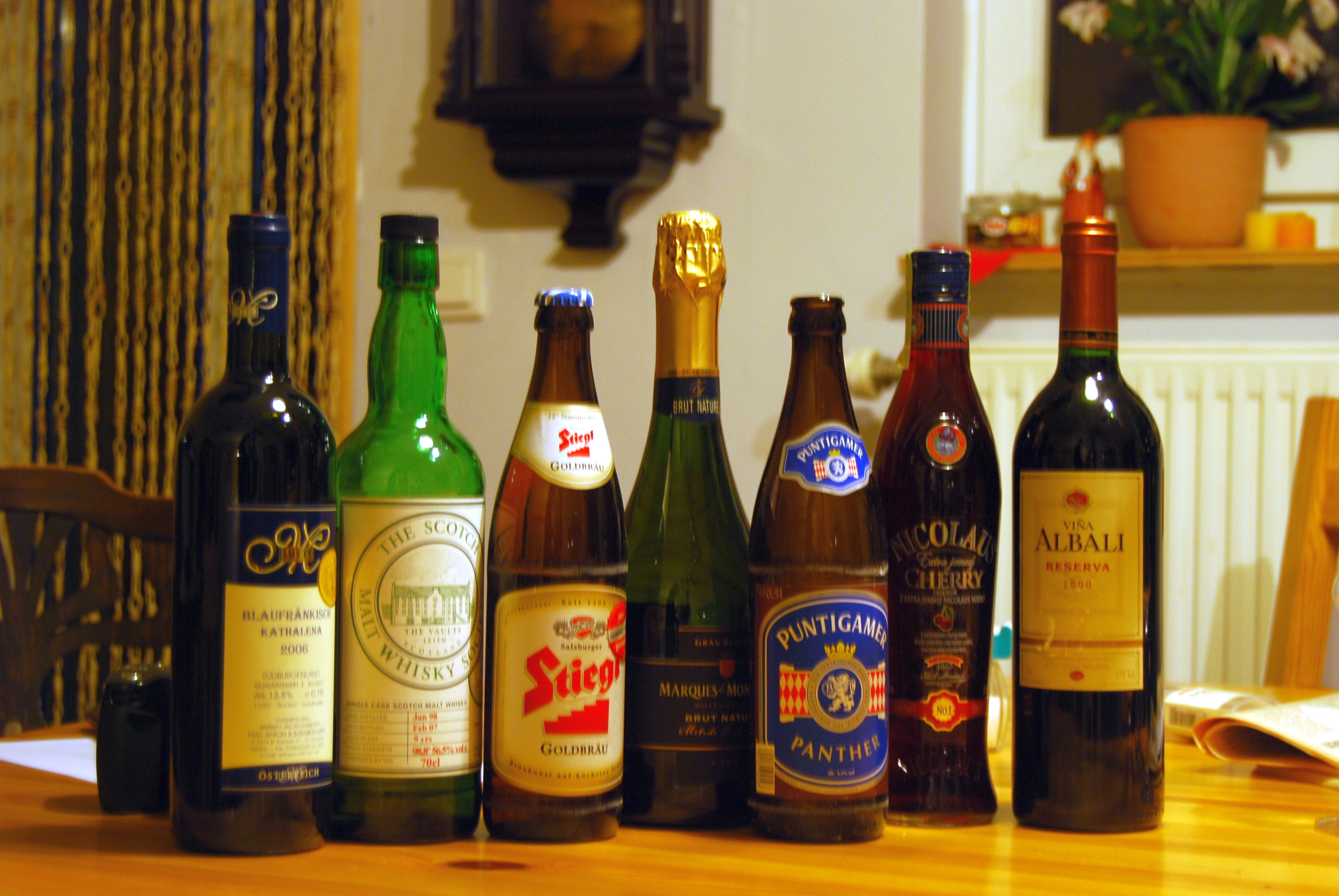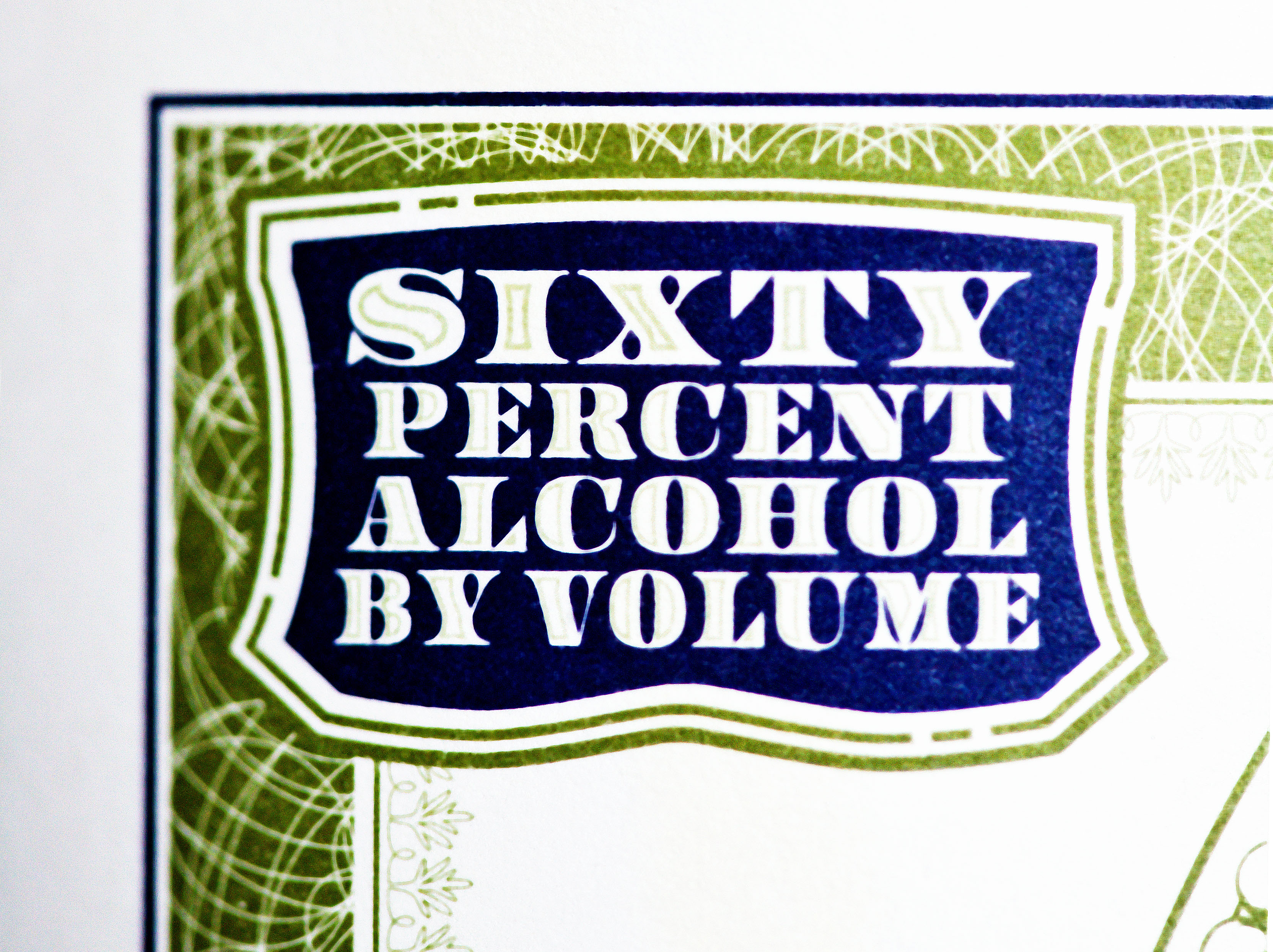|
Komovica
Komovica is an alcoholic beverage popular in Serbia and North Macedonia. Komovica is a homemade rakia made of grape pomace, usually containing more than 50% alcohol by volume. It is mostly used for medical purposes. See also * Pomace brandy Pomace spirit (or pomace brandy) is a liquor distilled from pomace that is left over from winemaking, after the grapes are pressed. It is called marc in both English and French, but " grappa" in Italian and "bagaço" in Portuguese. In Spanish it ... References Further reading * The Agriculture of the Socialist Republic of Serbia, Vasa Rokić, Mirjana Stevčić - 1971 Pomace brandies Serbian distilled drinks {{Distilled-beverage-stub ... [...More Info...] [...Related Items...] OR: [Wikipedia] [Google] [Baidu] |
Pomace Brandy
Pomace spirit (or pomace brandy) is a liquor distilled from pomace that is left over from winemaking, after the grapes are pressed. It is called marc in both English and French, but " grappa" in Italian and "bagaço" in Portuguese. In Spanish it is called orujo. Alcohol derived from pomace is also used as the traditional base spirit of other liquors, such as some anise-flavored spirits. Unlike wine brandy, most pomace brandies are neither aged nor coloured. Production Pomace may be either fermented, semi-fermented, or unfermented. During red wine vinification, the pomace is left to soak in the must for the entire fermentation period and is thus fermented; fermented pomace is particularly suitable for the production of pomace brandy, as it is soft, dry, and has a high alcohol content. Semi-fermented pomace is produced during '' rosé'' wine vinification; the pomace is removed before fermentation is complete. Virgin pomace, which is produced during white wine vinification, is no ... [...More Info...] [...Related Items...] OR: [Wikipedia] [Google] [Baidu] |
Alcoholic Drink
An alcoholic beverage (also called an alcoholic drink, adult beverage, or a drink) is a drink that contains ethanol, a type of alcohol that acts as a drug and is produced by fermentation of grains, fruits, or other sources of sugar. The consumption of alcoholic drinks, often referred to as "drinking", plays an important social role in many cultures. Most countries have laws regulating the production, sale, and consumption of alcoholic beverages. Regulations may require the labeling of the percentage alcohol content (as ABV or proof) and the use of a warning label. Some countries ban such activities entirely, but alcoholic drinks are legal in most parts of the world. The global alcoholic drink industry exceeded $1 trillion in 2018. Alcohol is a depressant, which in low doses causes euphoria, reduces anxiety, and increases sociability. In higher doses, it causes drunkenness, stupor, unconsciousness, or death. Long-term use can lead to an alcohol use disorder, an incre ... [...More Info...] [...Related Items...] OR: [Wikipedia] [Google] [Baidu] |
Serbia
Serbia (, ; Serbian language, Serbian: , , ), officially the Republic of Serbia (Serbian language, Serbian: , , ), is a landlocked country in Southeast Europe, Southeastern and Central Europe, situated at the crossroads of the Pannonian Basin and the Balkans. It shares land borders with Hungary to the north, Romania to the northeast, Bulgaria to the southeast, North Macedonia to the south, Croatia and Bosnia and Herzegovina to the west, and Montenegro to the southwest, and claims a border with Albania through the Political status of Kosovo, disputed territory of Kosovo. Serbia without Kosovo has about 6.7 million inhabitants, about 8.4 million if Kosvo is included. Its capital Belgrade is also the List of cities in Serbia, largest city. Continuously inhabited since the Paleolithic Age, the territory of modern-day Serbia faced Slavs#Migrations, Slavic migrations in the 6th century, establishing several regional Principality of Serbia (early medieval), states in the early Mid ... [...More Info...] [...Related Items...] OR: [Wikipedia] [Google] [Baidu] |
North Macedonia
North Macedonia, ; sq, Maqedonia e Veriut, (Macedonia before February 2019), officially the Republic of North Macedonia,, is a country in Southeast Europe. It gained independence in 1991 as one of the successor states of Socialist Federal Republic of Yugoslavia, Yugoslavia. It is a landlocked country bordering Kosovo to the northwest, Serbia to the north, Bulgaria to the east, Greece to the south, and Albania to the west. It constitutes approximately the northern third of the larger geographical Macedonia (region), region of Macedonia. Skopje, the capital and largest city, is home to a quarter of the country's 1.83 million people. The majority of the residents are ethnic Macedonians (ethnic group), Macedonians, a South Slavs, South Slavic people. Albanians in North Macedonia, Albanians form a significant minority at around 25%, followed by Turks in North Macedonia, Turks, Romani people in North Macedonia, Romani, Serbs in North Macedonia, Serbs, Bosniaks in North Mac ... [...More Info...] [...Related Items...] OR: [Wikipedia] [Google] [Baidu] |
Rakia
Rakia, Rakija, Rachiu or Raki (), is the collective term for fruit spirits (or fruit brandy) popular in the Balkans. The alcohol content of rakia is normally 40% ABV, but home-produced rakia can be stronger (typically 50%). Etymology Fruit spirits are known by similar names in many languages of the Balkans: sh-Latn-Cyrl, rakija, separator=" / ", ракија; sq, rakia; bg, ракия, rakiya; mk, ракија, rakija; tr, rakı (/rɑːˈkiː/, /rɑːˈkuː/, /rɑːˈkɜːr/). Similar drinks include ''sadjevec'' in Slovenia, ţuică'' (or ''pălincă'') in Romania, and pálenka in Slovakia and the Czech Republic. Overview Rakija is produced from fermented and distilled fruits, typically plums and grapes, but also apricots, pears, cherries or raspberries. Other fruits but less commonly used are peaches, apples, figs, blackberries, and quince. Common flavours are ''šljivovica'' and ''țuică'', produced from plums, ''kajsija'', produced from apricots, or ''grozdova''/'' ... [...More Info...] [...Related Items...] OR: [Wikipedia] [Google] [Baidu] |
Pomace
Pomace ( ), or marc (; from French ''marc'' ), is the solid remains of grapes, olives, or other fruit after pressing for juice or oil. It contains the skins, pulp, seeds, and stems of the fruit. Grape pomace has traditionally been used to produce pomace brandy (such as grappa, orujo, törkölypálinka, zivania). Today, it is mostly used as fodder, as fertilizer, or for the extraction of bioactive compounds like polyphenols. History "Pomace" is derived from the Latin "pomum" (fruit and fruit tree). The English were the first to use the term "pomace" to refer to the byproduct of cider production. In the Middle Ages, pomace wine with a low alcohol content of three or four percent was widely available. This wine was made by adding water to pomace and then fermenting it. Generally, medieval wines were not fermented to dryness; consequently the pomace would retain some residual sugar after fermenting. Piquette The ancient Greeks and Romans used pomace to create a wine that lat ... [...More Info...] [...Related Items...] OR: [Wikipedia] [Google] [Baidu] |
Alcohol By Volume
Alcohol by volume (abbreviated as ABV, abv, or alc/vol) is a standard measure of how much alcohol (ethanol) is contained in a given volume of an alcoholic beverage (expressed as a volume percent). It is defined as the number of millilitres (mL) of pure ethanol present in of solution at . The number of millilitres of pure ethanol is the mass of the ethanol divided by its density at , which is . The ABV standard is used worldwide. The International Organization of Legal Metrology has tables of density of water–ethanol mixtures at different concentrations and temperatures. In some countries, e.g. France, alcohol by volume is often referred to as degrees Gay-Lussac (after the French chemist Joseph Louis Gay-Lussac), although there is a slight difference since the Gay-Lussac convention uses the International Standard Atmosphere value for temperature, . Volume change Mixing two solutions of alcohol of different strengths usually causes a change in volume. Mixing pure water with a ... [...More Info...] [...Related Items...] OR: [Wikipedia] [Google] [Baidu] |
Pomace Brandies
Pomace ( ), or marc (; from French ''marc'' ), is the solid remains of grapes, olives, or other fruit after pressing for juice or oil. It contains the skins, pulp, seeds, and stems of the fruit. Grape pomace has traditionally been used to produce pomace brandy (such as grappa, orujo, törkölypálinka, zivania). Today, it is mostly used as fodder, as fertilizer, or for the extraction of bioactive compounds like polyphenols. History "Pomace" is derived from the Latin "pomum" (fruit and fruit tree). The English were the first to use the term "pomace" to refer to the byproduct of cider production. In the Middle Ages, pomace wine with a low alcohol content of three or four percent was widely available. This wine was made by adding water to pomace and then fermenting it. Generally, medieval wines were not fermented to dryness; consequently the pomace would retain some residual sugar after fermenting. Piquette The ancient Greeks and Romans used pomace to create a wine that later ... [...More Info...] [...Related Items...] OR: [Wikipedia] [Google] [Baidu] |


.jpg)
